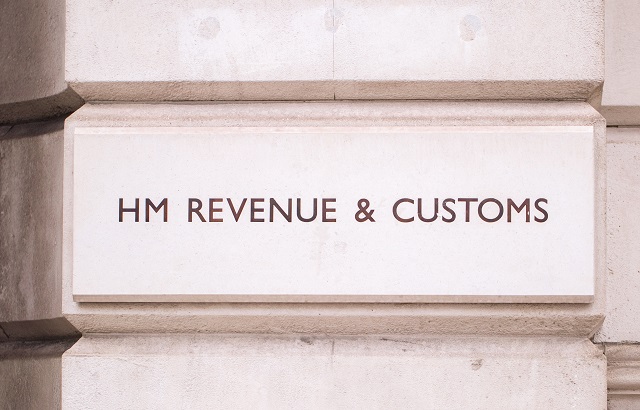UK taxman HM Revenue and Customs (HMRC) saw its success rate for tax disputes in courts and tribunals reach 86% in 2021, according to law firm Pinsent Masons.
It was 82% in 2020 and 75% the year before that.
The success rate is for all decided appeals across all tribunals and courts, including where the decision is in HMRC’s favour or substantive elements of its case succeeded.
Pinsent Masons said that HMRC calculated that £9.8bn ($13.4bn, €11.8bn) in tax was protected through litigation in 2021/22 financial year.
The number of tax disputes heard by tax tribunals dropped to 1,052 in 2021, a 45% decrease from the 1,907 the year before.
The law firm said this could be due to smaller tax disputes being put on hold in certain instances during the pandemic.
Last resort
Jake Landman, partner at Pinsent Masons, said that HMRC’s increasing success rate indicates that taxpayers should only take the UK taxman to court “as a last resort”.
If possible, individuals should look to settle tax disputes outside of court through alternative dispute resolution (ADR) or resolve them in the most favourable way possible during HMRC’s enquiry process, he said.
Landman added: “The stats suggest you need good grounds to litigate with HMRC. That said, there will be cases where the taxpayer has to litigate to get the right result even if the process can be costly and time consuming.”
Before litigation, consumers have the opportunity to go through HMRC’s internal review processes and can also attempt ADR.
If this proves unsuccessful they can choose to go to a tribunal if they disagree with tax decisions that HMRC has taken.
Landman also said that taxpayers can, with permission, appeal to higher courts and tribunals, such as the upper tribunal or court of appeal, if they want to take their case further.








